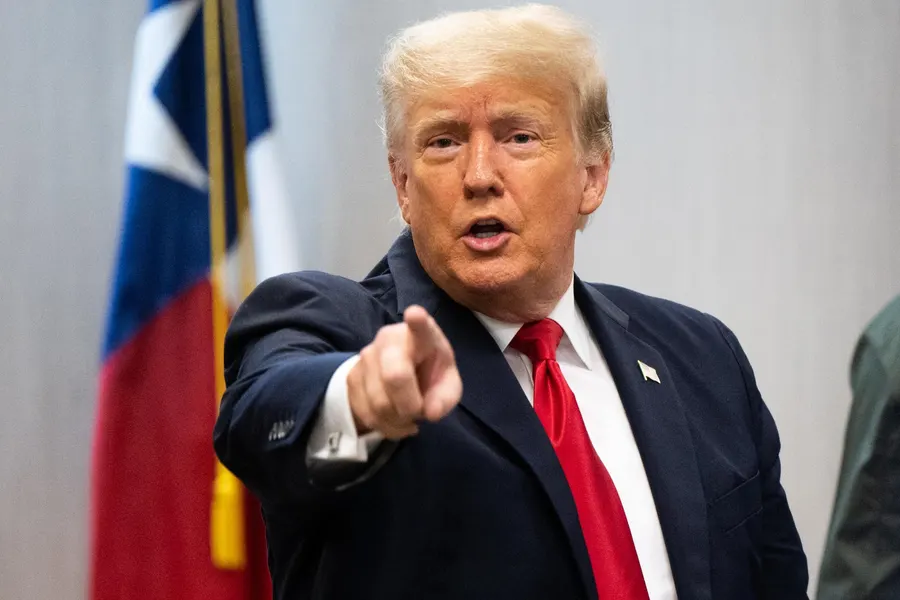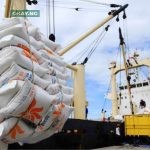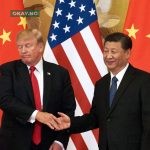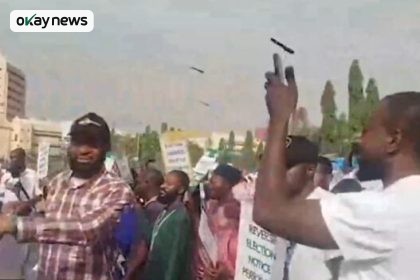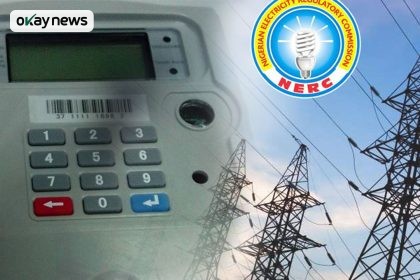The escalating trade war between the United States and its major trading partners—Canada, Mexico, and China – is casting a long shadow over the African continent, including Nigeria. While opinions remain divided on the full impact, the reverberations of this global power struggle are already being felt across the continent.
“There is the trade dimension, investment dimension, and currency implications dimension,” explains Dr. Muda Yusuf, CEO of the Centre for the Promotion of Private Enterprise (CPPE). “There is also the dimension of imported inflation.”
The Trump administration’s “America First” agenda, with its focus on reducing the U.S. trade deficit, has ignited a global trade war. The imposition of tariffs on goods from Canada, Mexico, and China has triggered retaliatory measures, threatening to disrupt global supply chains and escalate tensions.
Nigeria, a country with a significant trade surplus with the United States, may not remain an impartial observer. The country’s recent engagement with BRICS+, a bloc viewed by the U.S. with suspicion, signals a potential shift in its foreign policy. As China seeks alternative markets, Nigeria could become a focal point for increased Chinese trade and investment.
However, this increased competition could pose challenges for Nigerian manufacturers, who already grapple with infrastructure bottlenecks and high energy costs. Moreover, the slow progress of the African Continental Free Trade Area (AfCFTA) further complicates the economic landscape.
The potential impact of the trade war extends beyond trade.
“The ongoing tariff war would also fuel imported inflation for products Nigeria imports from the U.S.,” warns Dr. Yusuf. “This will trigger inflation in the U.S., meaning whatever we import from there will cost more. Businesses that import machinery, spare parts, raw materials and so on from the U.S., will experience inflation in costs. In relation, if there is high inflation in the U.S., there is likely to be a Central Bank response in the U.S., pushing up interest rates. Once interest rates go up there, it might affect our inflow of portfolio investors or even a reversal of portfolio funds in Nigeria because of the likely interest rate implication of the current policy. This would in turn, further weaken the naira.”
While some analysts, like Vincent Nwani, believe Nigeria’s impact from the trade war will be minimal, given its limited trade with the major players, concerns remain. The potential for increased inflation, capital outflows, and supply chain disruptions could have significant consequences for the Nigerian economy.
The Nigerian government, however, remains optimistic. Minister of Industry, Trade and Investment, Jumoke Oduwole, emphasises Nigeria’s openness to partnerships with both traditional and emerging partners. “For us, it is Nigeria first, it is Africa first. We see this more in terms of opportunities. We’re not afraid; we’re not panicked.”
Ultimately, the trade war serves as a stark reminder of the interconnectedness of the global economy. Nigeria, like many other nations, must navigate this complex and uncertain landscape while striving to strengthen its own economic foundations and enhance its competitiveness in the global market.


